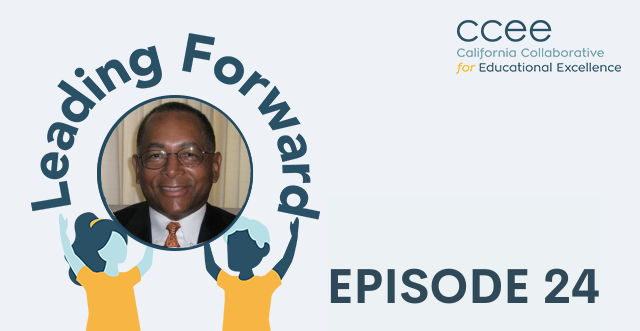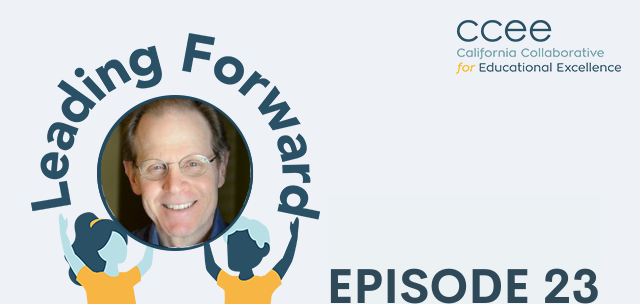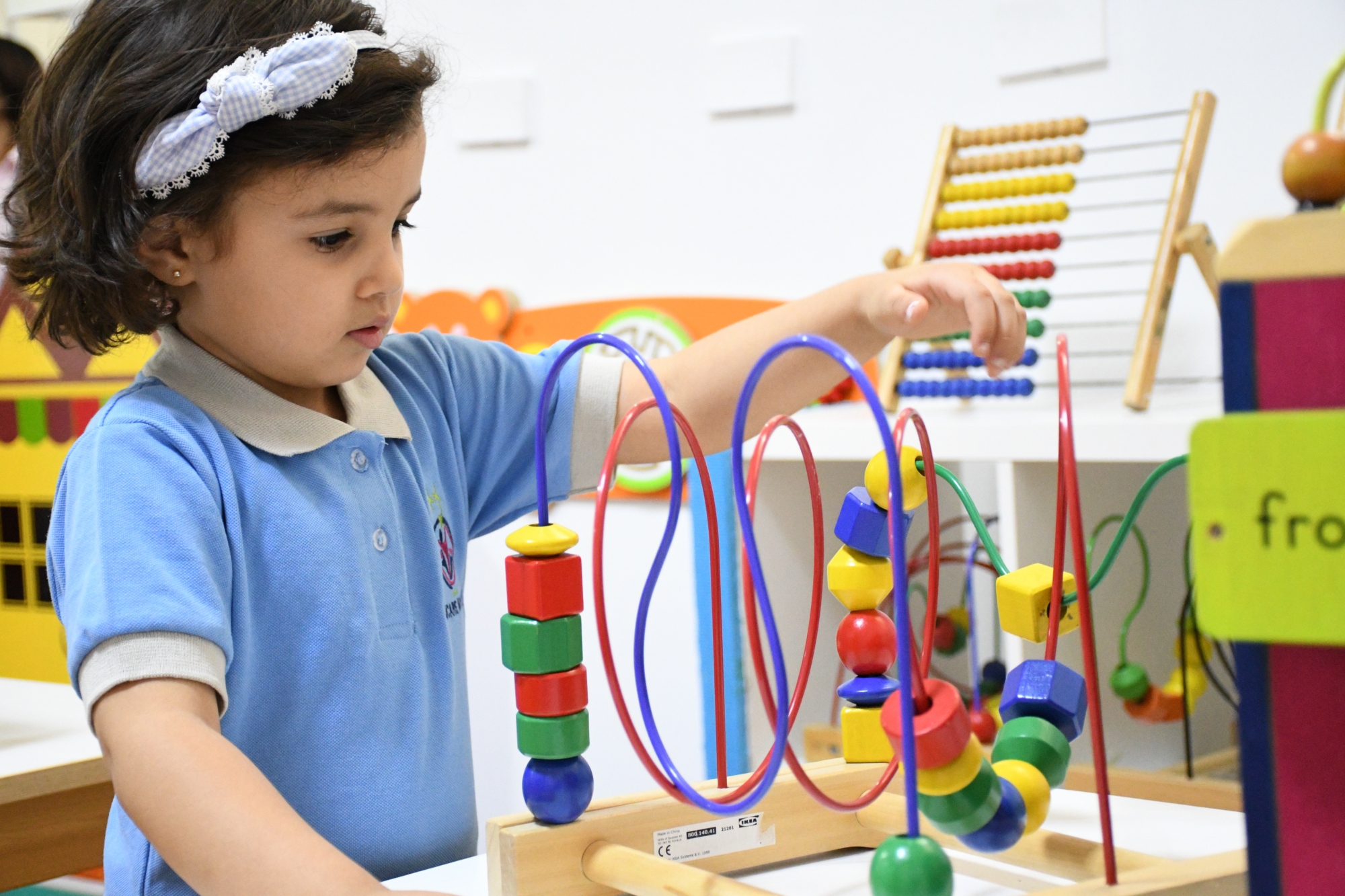DESCRIPTION
The call for balanced assessment systems resulted from a recognition that most assessments poorly served a primary purpose of assessment—improving learning and instruction. Educators understand that large-scale summative tests are far too distal from instruction, at the wrong grain size, and administered at the wrong time of year to make a difference in their daily practice. Further, many district leaders turned to commercially available district assessments that do not clearly link to other levels of the system (Perie, Marion, & Gong, 2009). Therefore, the calls to balance assessment systems—actually rebalance these systems—were motivated by the desire to enhance the utility of assessments for improving learning and instruction as well as for monitoring, accountability, and evaluation.
This series will help school and district leaders understand the value proposition for balanced assessment systems, key design features of such systems, the challenges to implementation, and benefits from practical suggestions for overcoming these challenges.
FACILITATED BY
Scott Marion, Ph.D., Executive Director, Center for Assessment
INTRODUCTION TO BALANCED SYSTEMS OF ASSESSMENT
This session presents the rationale for balanced assessment systems, articulates the intended uses of assessment results, and introduces the criteria for judging the balance of an assessment system. It concludes with a discussion about the barriers to implementing balanced assessment systems.
THE CRITICAL ROLE OF CURRICULUM & LEARNING PROGRESSIONS IN BALANCING ASSESSMENT SYSTEMS
This session focuses on the most important criterion for balancing assessment systems—coherence—and how it can be supported with high-quality curriculum and learning progressions. Curriculum and learning progressions provide a foundation for designing assessments and assessment systems. Even more importantly, they provide an interpretative lens to understand the instructional power of assessment results. This session highlights features that distinguish high-quality curriculum and learning progressions from lower quality processes and products.
THE COMPONENTS OF A BALANCED ASSESSMENT SYSTEM
There is an unfortunate “urban legend” about balanced assessment systems. Many often think that a balanced assessment system includes summative, interim, and formative components. This session looks at key features of various types of assessments to help participants learn how to evaluate components of an assessment system in light of its intended purpose and use. The session will discuss what it takes for assessments to be instructionally useful and will explore the power of curriculum-embedded, unit-based assessments.
THEORIES OF ACTION AS A TOOL FOR DEVELOPING & IMPLEMENTING BALANCED ASSESSMENT SYSTEMS
This session introduces theories of action as a tool for helping district and school leaders identify the problems/issues they are trying to address through the design and implementation of assessment systems. Theories of action provide a comprehensive framework for analysis, evaluation, and continuous improvement. In addition to understanding the usefulness of theories of action, participants will explore several practical tools to help them begin developing theories of action for balanced systems of assessment.
DOES IT QUACK LIKE A DUCK? WOULD I KNOW A BALANCED ASSESSMENT SYSTEM IF I SAW ONE?
This session looks at real examples from the field to help participants understand what developing systems look like in practice. District assessment leaders from various size school districts will share how they’re adapting the theory and practice of developing balanced assessment systems to their contexts. Participants will gain an understanding of the challenges faced by these leaders and hear how they are trying to overcome them.







